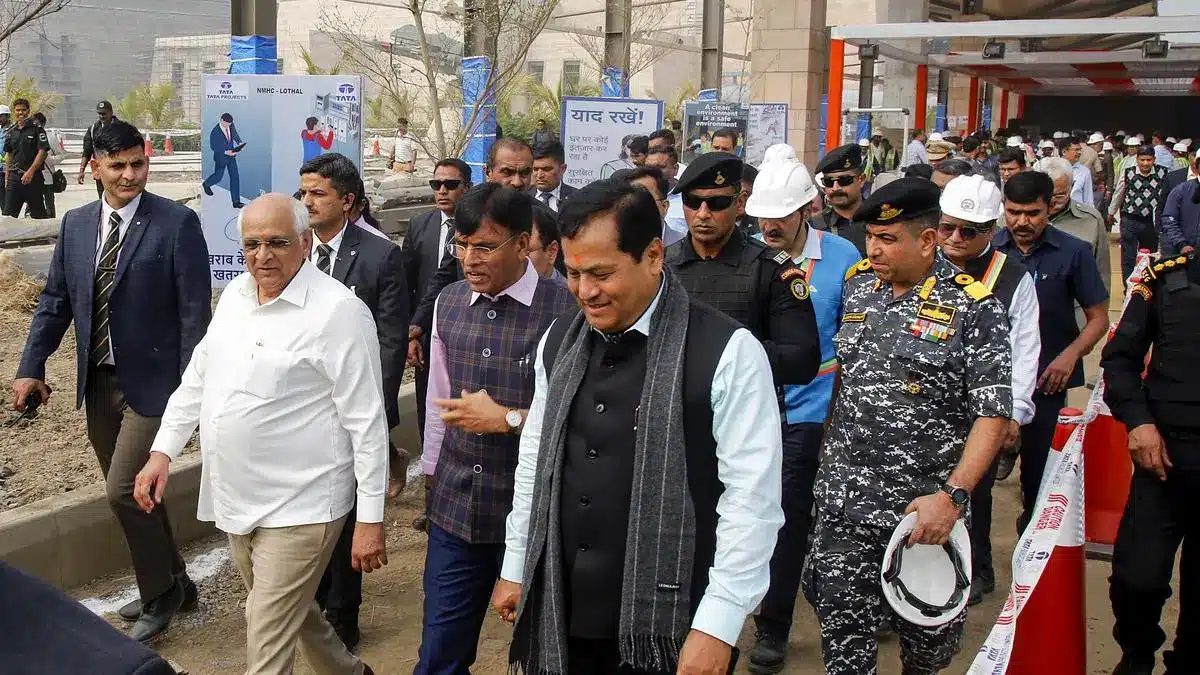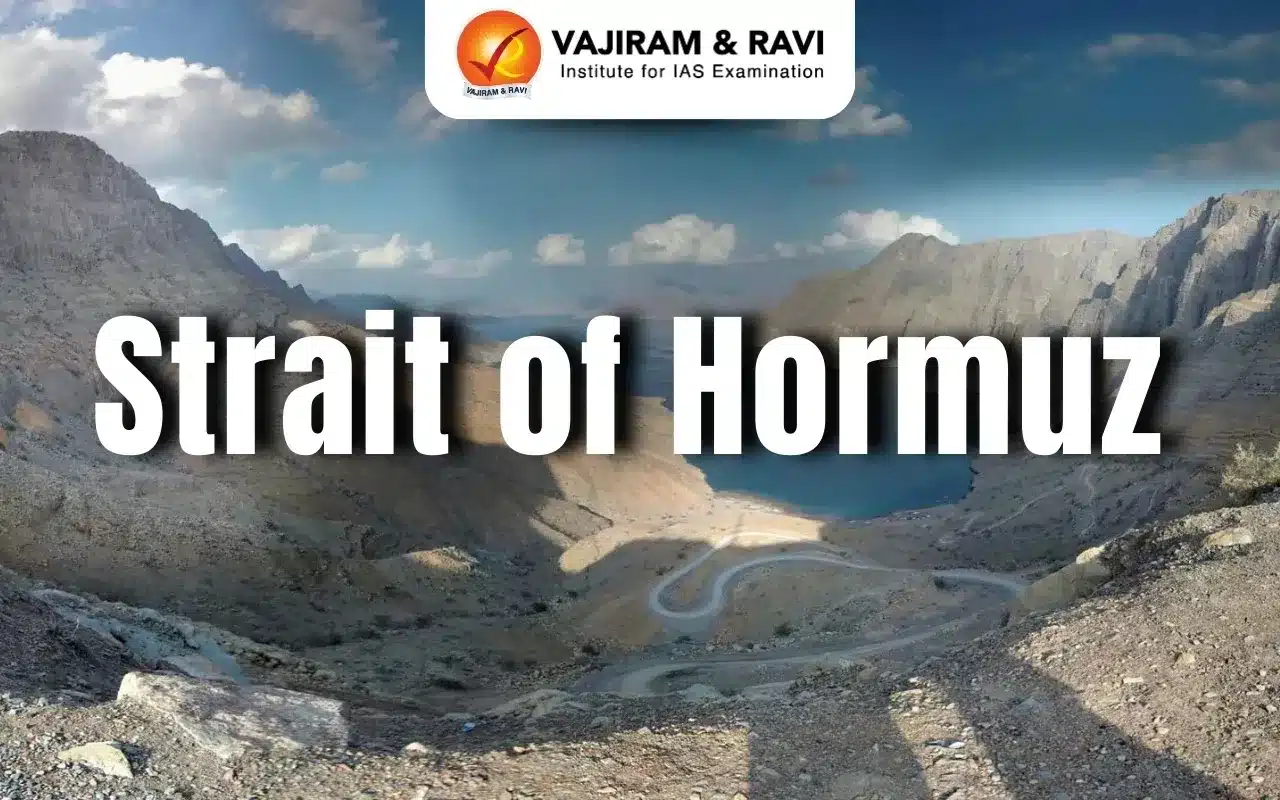What’s in today’s article?
- Introduction
- Historical Significance of Lothal
- National Maritime Heritage Complex (NMHC)
- Government Initiatives and Collaboration
- Significance
- Conclusion
Introduction
- Lothal, an ancient city of the Indus Valley Civilization, is poised to become a global centre for maritime heritage with the development of the National Maritime Heritage Complex (NMHC) in Gujarat.
- This initiative, spearheaded by the Ministry of Ports, Shipping, and Waterways under the Sagarmala Programme, aims to showcase India’s rich maritime history while contributing to the nation’s economic and cultural development.
Historical Significance of Lothal
- Ancient Maritime Legacy:
- Lothal, dating back to 2400 BCE, was a key centre of the Harappan Civilization.
- It was renowned for its advanced dockyard, thriving trade networks, and expertise in bead-making.
- Archaeological findings, including seals, tools, and pottery, highlight its vibrant cultural and economic history.
- A Strategic Maritime Hub:
- Lothal served as a vital trade and commerce centre, connecting regions through its maritime infrastructure.
National Maritime Heritage Complex (NMHC)
- The NMHC is envisioned as a world-class facility combining education, tourism, and cultural preservation. Key Features Include:
- “Edutainment” Approach:
- Integrates education and entertainment to engage visitors.
- Focuses on showcasing maritime history from ancient times to the modern era.
- Progress:
- 65% of construction work is complete.
- Includes landmarks such as the Lothal Jetty Walkway, Museum Block, and INS Nishank, a decommissioned warship.
- Economic and Social Benefits:
- Tourism Boost: Expected to attract both domestic and international tourists.
- Employment Generation: Will create jobs and empower the youth through skill development.
- Maritime Education: Provides a platform for learning and collaboration within the global maritime community.
- “Edutainment” Approach:
Government Initiatives and Collaboration
- Sagarmala Programme:
- A flagship project of the Ministry of Ports, Shipping, and Waterways aimed at modernizing India’s maritime infrastructure.
- Enhances economic growth through port-led development and connectivity.
- Stakeholders:
- Collaboration with the Ministry of Defence (Navy and Coast Guard), Government of Gujarat to ensure a high-quality outcome.
- Community Integration:
- Emphasis on involving local communities in the development process to foster inclusivity and shared benefits.
Significance
- Tourism and Education:
- The NMHC will transform Lothal into a centre for maritime education and tourism, preserving India’s maritime legacy.
- Economic Development:
- The project aligns with India’s broader goal of enhancing its global economic presence through cultural and infrastructural advancements.
- Global Collaboration:
- Provides a platform for collaboration between India’s maritime industry and international stakeholders.
Conclusion
- The National Maritime Heritage Complex at Lothal is a monumental step in preserving India’s maritime heritage while fostering economic, educational, and cultural growth.
- This project underscores the historical importance of Lothal and reaffirms India’s commitment to becoming a global leader in maritime excellence.
Q1. When was the Archaeological Survey of India (ASI) established?
The Archaeological Survey of India (ASI), under the Ministry of Culture, was established in the year 1861 by Alexander Cunningham.
Q2. What is the role of UNESCO?
UNESCO’s mission is to contribute to the building of a culture of peace, the eradication of poverty, sustainable development and intercultural dialogue through education, the sciences, culture, communication and information.
Source : TH
Last updated on June, 2025
→ UPSC Notification 2025 was released on 22nd January 2025.
→ UPSC Prelims Result 2025 is out now for the CSE held on 25 May 2025.
→ UPSC Prelims Question Paper 2025 and Unofficial Prelims Answer Key 2025 are available now.
→ UPSC Calendar 2026 is released on 15th May, 2025.
→ The UPSC Vacancy 2025 were released 1129, out of which 979 were for UPSC CSE and remaining 150 are for UPSC IFoS.
→ UPSC Mains 2025 will be conducted on 22nd August 2025.
→ UPSC Prelims 2026 will be conducted on 24th May, 2026 & UPSC Mains 2026 will be conducted on 21st August 2026.
→ The UPSC Selection Process is of 3 stages-Prelims, Mains and Interview.
→ UPSC Result 2024 is released with latest UPSC Marksheet 2024. Check Now!
→ UPSC Toppers List 2024 is released now. Shakti Dubey is UPSC AIR 1 2024 Topper.
→ Also check Best IAS Coaching in Delhi
























